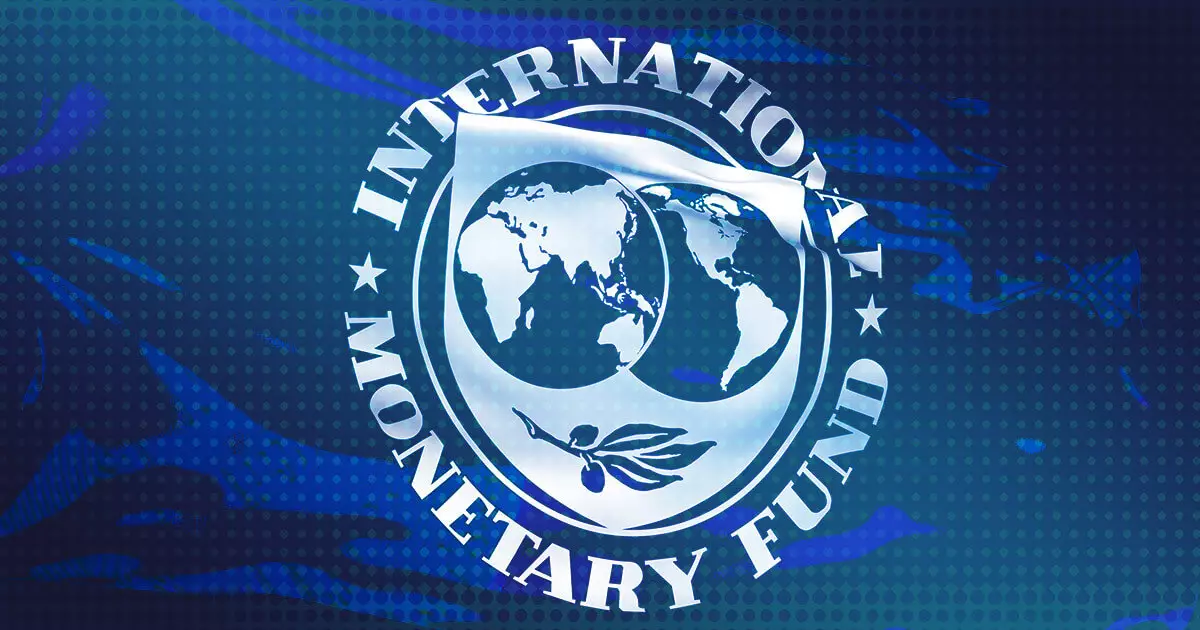The International Monetary Fund (IMF) has suggested that Nigeria should consider embracing the regulated use of digital assets by licensing international crypto exchanges. This recommendation was made in the IMF’s latest consultation report for Nigeria. The primary goal of this proposal is to strengthen the country’s economic stability and enhance its position within the African crypto sector. This recommendation comes at a time when Nigeria is experiencing a regulatory crackdown on crypto, resulting in a legal dispute with Binance and the announcement of a ban on peer-to-peer (P2P) trading.
According to the IMF report, licensing international crypto exchanges in Nigeria could help attract foreign investment and improve remittance processes, which are essential for the country due to its significant expatriate population. The IMF emphasizes the importance of adhering to strict regulatory standards, including robust Anti-Money Laundering and Countering the Financing of Terrorism (AML/CFT) protocols. The report also highlights significant discrepancies in Nigeria’s balance of payments, with gaps amounting to $7.5 billion, or roughly 2% of the country’s GDP. These discrepancies are mainly the result of undeclared financial activities that are often facilitated by cryptocurrencies in cross-border transactions.
The IMF argues that by implementing proper regulation and licensing for cryptocurrencies, Nigeria could benefit from more secure and efficient transaction processes. This would increase control over digital financial transactions, combat illegal financial activities, and reduce the risks of fraud and money laundering associated with digital currencies. The report also points out that digital currencies have the potential to enhance financial inclusion, supporting economic growth and improving access to financial services for the unbanked population of Africa.
Recent weeks have seen a significant regulatory crackdown on crypto and P2P trading in Nigeria. This strict approach is driven by the Nigerian government’s concerns about volatility in the foreign exchange market, which they attribute to speculative activities in crypto trading. The Central Bank of Nigeria has specifically highlighted issues such as “pump-and-dump” schemes in the P2P trading sector, accusing traders of manipulating the naira through speculative strategies.
A significant development in the regulatory crackdown involved actions taken against Binance, one of the largest crypto exchanges globally. Nigerian regulators have accused Binance of facilitating $26 billion in untraceable transactions, resulting in the arrest of two of its executives and the freezing of over 1,000 bank accounts related to P2P crypto transactions. As a response to these crackdowns, reports indicate that Nigeria’s crypto traders are increasingly moving their operations underground, utilizing informal channels such as WhatsApp and Telegram for P2P trading.
The IMF’s recommendation for Nigeria to license international crypto exchanges comes at a critical time for the country’s crypto sector. While there are challenges and regulatory crackdowns in the industry, proper regulation and licensing of cryptocurrencies could potentially provide Nigeria with the tools needed for more secure and efficient financial transactions. By enhancing control over digital financial activities and combatting illegal financial practices, Nigeria could pave the way for greater financial inclusion and economic growth.

